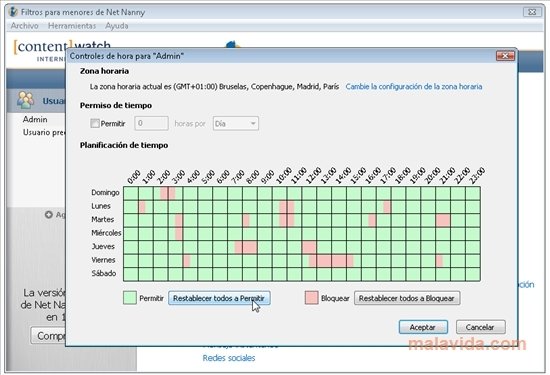
Unintentional effects of automated algorithmic selections are a major part of algorithmic governance and call for special attention in policy analyses and policy-making.ĭanaher et al. But algorithmic governance in everyday life goes far beyond ‘intentional attempts to manage risk or alter behaviour in order to achieve some pre-specified goal’, and refers not only to ‘regulatory governance systems that utilise algorithmic decision making’ (Yeung, 2018, p. Our understanding of algorithmic governance in everyday life overlaps with Yeung’s (2018) algorithmic regulation. They include both institutional steering with and by algorithms in societies, i.e., as tools or as (semi-) autonomous agents, either in new or already established commercial and political governance systems.

Such systems are part of internet-based applications and services, applied by private actors / commercial platforms (e.g., music recommender systems) and political actors (e.g., predictive policing). Governance by algorithms, also referred to as algorithmic governance, captures the intentional and unintentional steering effects of algorithmic-selection systems in everyday life. Governance can be understood as institutional steering (Schneider & Kenis, 1996), marked by the horizontal and vertical extension of traditional government (Engel, 2001). In the following, a nuanced understanding of “algorithmic governance” is developed from an institutional perspective, that can form the basis for policy analyses and policy-making. In the fast growing academic and non-academic literature on algorithms, their implications in daily life are summarised using a variety of sometimes misleading and only vaguely defined terms, ranging from algocracy and algorithmic selection to algorithmic regulation and algorithmic decision-making. A nuanced understanding of algorithmic governance in everyday life Accordingly, applying this guideline should help both academics and practitioners to conduct policy analyses and assist them in their policy-making. Results from applying the proposed guideline should contribute to a more nuanced understanding of the significance of algorithmic governance in everyday life and provide empirically informed input for improved risk assessments and policies regarding the governance of algorithms.

To examine these variables for different life domains an innovative empirical mixed-methods approach is proposed, which includes qualitative user interviews, an online survey and user tracking.

Based on these combined approaches, and on a review of empirical algorithmic-governance literature that identifies research gaps, we (2) develop a theoretical model that includes five variables that measure the actual significance of algorithmic governance in everyday life from a user perspective. This institutional approach is combined with practice-related concepts of everyday life, in particular of the daily social and mediated constructions of realities, and embraces the implications of algorithmic governance in selected life domains.
We (1) take a governance perspective and suggest to understand the influence of automated algorithmic selections on daily practices and routines as a form of institutional steering (governance) by technology (software). In this paper we provide a guideline for answering these questions.
NET NANNY REVIEWS 2016 HOW TO
Questions emerge as to how to analytically grasp and assess the consequences of the diffusion of algorithmic selections in modern societies, which some observers characterise as algocracies (Aneesh, 2009) in an algorithmic age (Danaher et al., 2017), marked by growing relevance of informatics and statistics in the governance of societies. These discussions are often combined with reflections on growing automation in general and the impact of artificial intelligence (e.g., machine learning) in particular (Larus et al., 2018). Academic and public debates focus on a spectrum of implications in everyday life, caused by internet-based applications that apply automated algorithmic selection (AS) for, among other things, searches, recommendations, scorings or forecasts (Latzer, Hollnbuchner, Just, & Saurwein, 2016 Willson, 2017). The growing use, importance and embeddedness of internet-related algorithms in various life domains is widely acknowledged. This paper is part of Transnational materialities, a special issue of Internet Policy Review guest-edited by José van Dijck and Bernhard Rieder.


 0 kommentar(er)
0 kommentar(er)
